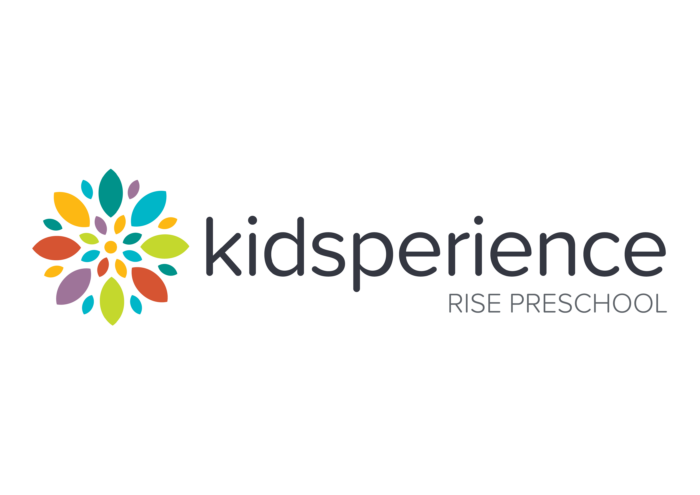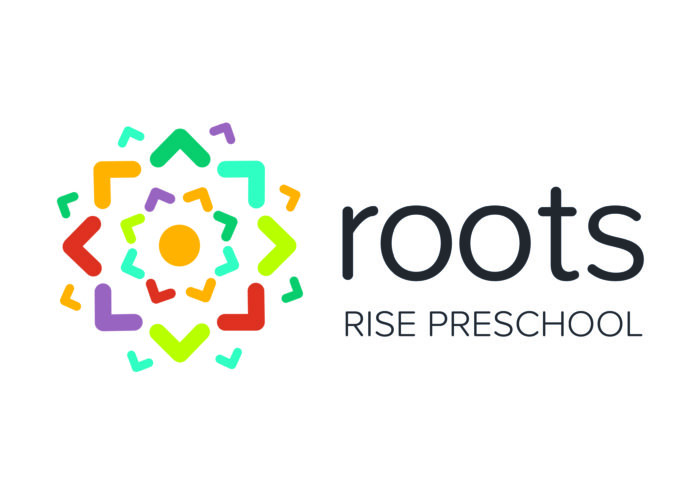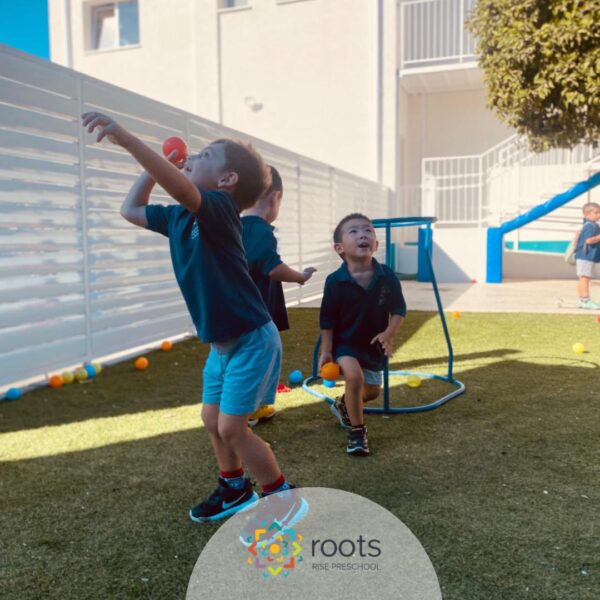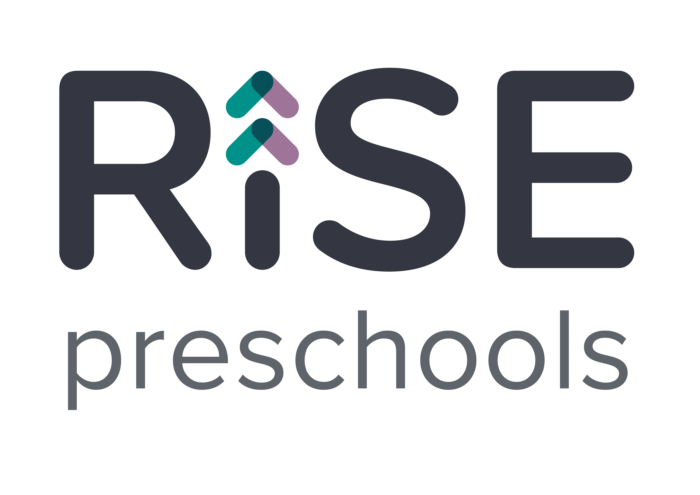Play is not a Break from Learning


By Mrs. Helen Tchatchouang
The preschool years are the years which shape a child’s future.
This is when the most significant brain development happens; where children’s language, social, emotional and cognitive skills are rapidly expanding. During this period, the stimulation and learning that come from play, reading, singing and interacting with peers and caring adults at home and in quality early education settings are essential. Play in the preschool years enables children to explore and make sense of the world around them, as well as to use and develop their imagination and creativity.

Children play to make sense of the world around them, and to find meaning in an experience by connecting it to something already known. Through play, children express and expand their understanding of their experiences. When you watch children playing, you will usually see that they become deeply involved, often combining physical, mental and verbal engagement. Play and learning are not static. Children play to practice skills, try out possibilities, revise hypotheses and discover new challenges, leading to deeper learning. It allows children to communicate ideas, to understand others through social interaction, paving the way to building deeper understanding and more powerful relationships.
Play is one of the most important ways in which young children gain essential knowledge and skills. When children choose to play, they are not thinking “Now I am going to learn something from this activity” and yet their play creates powerful learning opportunities across all areas of development. Development and learning are complex and holistic, and yet skills across all developmental domains can be encouraged through play, including motor, cognitive and social and emotional skills.

This allows children to release pensive thoughts, and map out strategies on how to use play for both fun and problem-solving skills. Developmentally speaking, play goes through different stages; starting with Unoccupied Play during infancy where we see babies putting their hands in and out of their mouth, fully engaged in coordination, sensation, and movement. During toddlerhood, children quickly move into the Onlooker Stage of play where they realize other people, like them, play as well. As children enter the preschool years, they transition from the Parallel Stage of play to Associative, where it is more interactive with others. As children become more independent and can articulate their needs, play with peers becomes more common and successfully charged. For example, sensory activities and busy play allows the mind and body to use the environment in a way that responds to children’s ideas and wants.
The goal in early years should be to help our children have fun, grow, learn to ask questions, express themselves, collaborate with others, and take creative risks. We should help young minds retain their natural curiosity and to never lose the excitement of learning something new.
All those things are achieved by making learning fun for children and this is exactly what we love to do!

